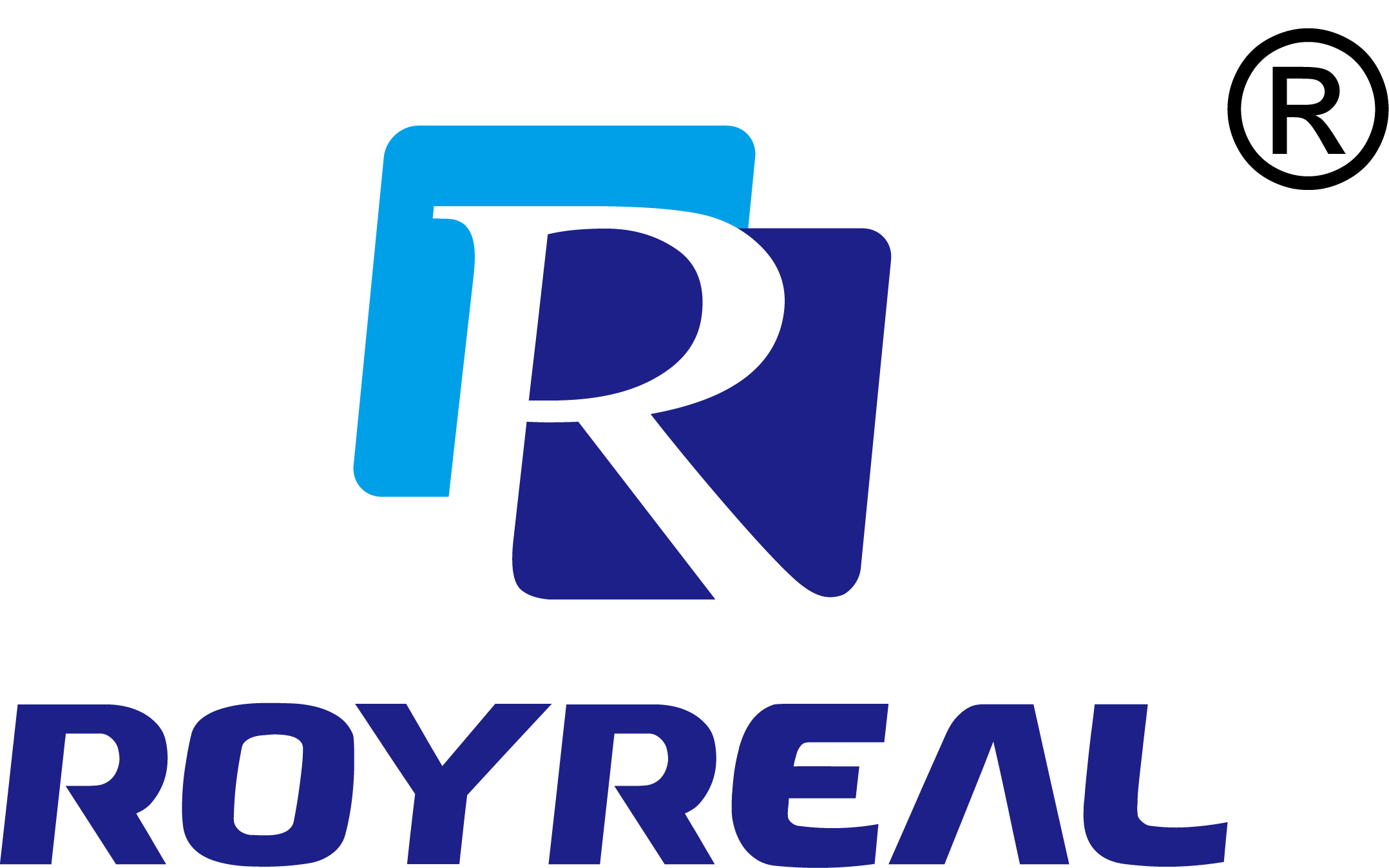Choosing the Right Gas Flow Meter: Quality and Affordability in One
Category: Industry News
Time:2024-12-09
Table of Contents:
1. Introduction: Understanding the Importance of Gas Flow Measurement
2. Types of Gas Flow Meters
- 2.1. Thermal Mass Flow Meters
- 2.2. Differential Pressure Flow Meters
- 2.3. Turbine Flow Meters
- 2.4. Ultrasonic Flow Meters
- 2.5. Vortex Flow Meters
3. Factors to Consider when Choosing a Gas Flow Meter
- 3.1. Accuracy and Precision
- 3.2. Flow Range and Pressure Rating
- 3.3. Gas Compatibility
- 3.4. Installation and Maintenance
- 3.5. Cost-effectiveness
- 3.6. Certifications and Standards
- 3.7. User-Friendly Features
- 3.8. Scalability and Future Needs
4. Frequently Asked Questions (FAQs)
- 4.1. What is the most accurate gas flow meter?
- 4.2. Can a gas flow meter measure multiple gases?
- 4.3. How often should a gas flow meter be calibrated?
- 4.4. Are gas flow meters suitable for hazardous environments?
- 4.5. Can I install a gas flow meter myself?
5. Conclusion: Finding the Perfect Gas Flow Meter for Your Application
Introduction: Understanding the Importance of Gas Flow Measurement
Gas flow measurement plays a crucial role in various industries, including oil and gas, chemical, pharmaceutical, and manufacturing. Accurate and reliable gas flow measurements are essential for process optimization, quality control, and regulatory compliance. Choosing the right gas flow meter that offers both quality and affordability is vital for ensuring optimal performance and cost-effectiveness.
Types of Gas Flow Meters
When it comes to gas flow measurement, different types of flow meters are available. Understanding their principles of operation and suitability for specific applications can help you make an informed decision.
2.1. Thermal Mass Flow Meters
Thermal mass flow meters measure the mass flow rate of gas based on the cooling effect when the gas flows over a heated sensor. They are highly accurate, particularly for clean gases, and are widely used in applications such as environmental monitoring, compressed air, and natural gas flow measurement.
2.2. Differential Pressure Flow Meters
Differential pressure flow meters, such as orifice plates and venturi tubes, rely on the pressure difference across a restriction to determine the flow rate. They are versatile, cost-effective, and suitable for a wide range of gases. However, they may cause pressure drops and require careful installation and calibration.
2.3. Turbine Flow Meters
Turbine flow meters use a spinning rotor to measure gas flow. They are known for their high accuracy, wide flow range, and suitability for clean gases. Turbine flow meters are commonly used in applications like natural gas distribution, custody transfer, and HVAC systems.
2.4. Ultrasonic Flow Meters
Ultrasonic flow meters utilize sound waves to measure gas flow. They are non-intrusive, highly accurate, and can measure a wide range of gases. Ultrasonic flow meters are popular in applications where minimal maintenance and high accuracy are crucial, such as custody transfer, compressed air, and chemical processing.
2.5. Vortex Flow Meters
Vortex flow meters measure gas flow based on the frequency of vortices shed by an obstruction in the flow path. They offer excellent accuracy, reliability, and are suitable for applications with high temperatures and pressures. Vortex flow meters find applications in steam measurement, natural gas, and industrial processes.
Factors to Consider when Choosing a Gas Flow Meter
Selecting the right gas flow meter involves evaluating several essential factors to ensure that it meets your specific requirements. Consider the following factors before making a decision:
3.1. Accuracy and Precision
The accuracy and precision of a gas flow meter are crucial for reliable measurements. Look for meters with high accuracy and repeatability to ensure precise control and monitoring of your gas flow.
3.2. Flow Range and Pressure Rating
Consider the desired flow range and pressure rating for your application. Choose a gas flow meter that can handle the expected flow rates and pressures without compromising accuracy or causing pressure drops.
3.3. Gas Compatibility
Ensure that the gas flow meter is compatible with the gases you are working with. Different flow meters have varying gas compatibility, and using a meter with incorrect compatibility can lead to inaccurate measurements and potential safety hazards.
3.4. Installation and Maintenance
Evaluate the ease of installation and ongoing maintenance requirements of the gas flow meter. Look for meters that offer user-friendly installation procedures and require minimal maintenance to save time and resources.
3.5. Cost-effectiveness
Consider the initial cost, operational costs, and long-term value of the gas flow meter. While affordability is essential, prioritize quality and reliability to avoid costly downtime, repairs, or replacements.
3.6. Certifications and Standards
Ensure that the gas flow meter meets relevant certifications and industry standards. Look for meters that comply with regulations such as ISO, NIST, or ATEX, depending on your specific industry requirements.
3.7. User-Friendly Features
Look for gas flow meters with intuitive user interfaces, digital displays, and additional features like data logging or remote monitoring capabilities. These features can enhance usability, convenience, and overall efficiency.
3.8. Scalability and Future Needs
Consider the potential scalability and future requirements of your gas flow measurement system. Choose a meter that can accommodate expanding operations, additional measurement points, or integration with other equipment or systems.
Frequently Asked Questions (FAQs)
4.1. What is the most accurate gas flow meter?
The accuracy of a gas flow meter depends on various factors, including the type of gas, flow rate, and application requirements. Thermal mass flow meters and ultrasonic flow meters are generally considered highly accurate for many applications.
4.2. Can a gas flow meter measure multiple gases?
Some gas flow meters can measure multiple gases, while others are designed for specific gases. It is essential to choose a meter that is compatible with the gases you intend to measure.
4.3. How often should a gas flow meter be calibrated?
The calibration frequency of a gas flow meter depends on the specific industry regulations, application requirements, and the manufacturer's recommendations. Typically, an annual calibration is recommended, but it may vary in certain industries or critical applications.
4.4. Are gas flow meters suitable for hazardous environments?
Certain gas flow meters are designed to operate safely in hazardous environments, such as those with explosive atmospheres. Look for meters with appropriate certifications, such as ATEX, to ensure their suitability for hazardous locations.
4.5. Can I install a gas flow meter myself?
While some gas flow meters offer user-friendly installation procedures, it is recommended to consult with professionals or follow the manufacturer's guidelines to ensure proper installation, calibration, and optimal performance.
Conclusion: Finding the Perfect Gas Flow Meter for Your Application
Selecting the right gas flow meter is a crucial decision that can significantly impact your processes' efficiency, accuracy, and overall costs. By considering factors such as accuracy, flow range, gas compatibility, ease of installation, and cost-effectiveness, you can make an informed choice. Remember to prioritize quality and reliability to ensure long-term performance and achieve the perfect balance between quality and affordability in your gas flow measurement system.
Keywords:
 EN
EN RU
RU SP
SP
